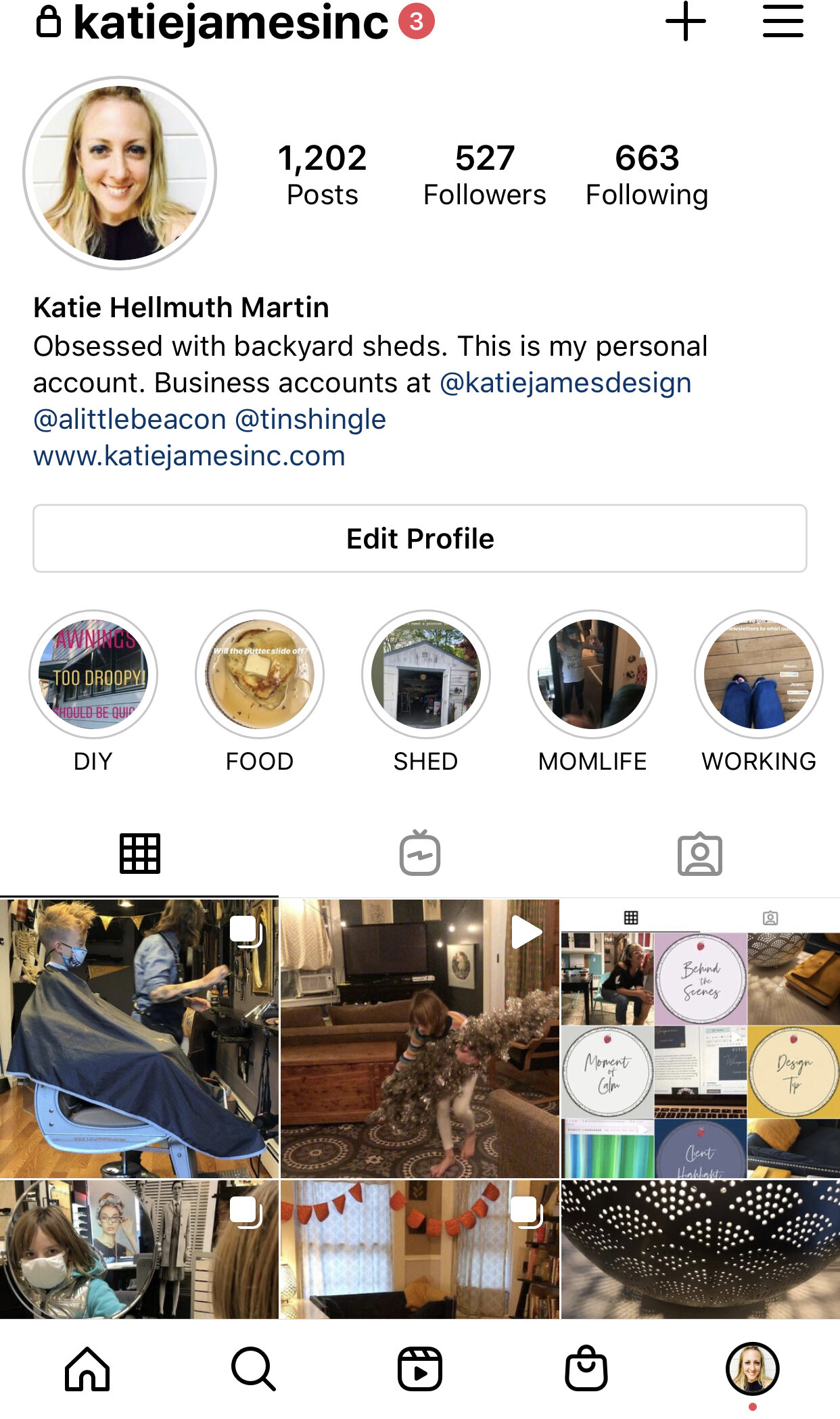Hello Tin Shinglers!
The media is on fire with breaking news, and you need to know how to pitch it. This note is a mention on the pulse of the people since the election. We won't mention COVID, because that news is everywhere, and hopefully you are enjoying a safe holiday with your immediate sphere and not mixing households. Right!?
At the time of this writing (this article has been in Drafts for a bit), most people were referring to the early election results cautiously, as: "the news." Friends didn't know where friends stood, so the election became "the news" after the media was the first to declare it once presidential absentee ballots were counted. Still on the local level, assumed outcomes are being upended by absentee ballots.
This week, "the news" has been made official. Finally. First by Twitter and Facebook on Monday (here's how it will work), when they declared that they would transfer the POTUS and FLOTUS accounts to Joe and Jill Biden. Now that the new president and vice president are officially coming, that doesn't mean that this transitional year - this year of a renewed racial revolution - is over. It has only just begun. There are a few things you need to keep in mind:
What I've Learned - As A Local Reporter
The past few months, I have been deep into producing local news for my blog, A Little Beacon Blog (21,500 views/month, over 7,000 Instagram followers). As one of the first local news outlets to report on COVID - back before there were testing sites and everyone was newly freaking out and New Yorkers were literally dying by the hundreds every day - local news was slow to respond. Everyone was in shock. A Little Beacon Blog was one of the first to respond because our neighbors needed to know what was going on.
And then the racial revolution opened up. George Floyd was killed in the street in broad daylight by a police officer, and the world erupted in protests. Because of my local reporting, I have different leads and relationships with people in the Black community (not to mention my fabulous long-time hair stylist), so this was also an area I was comfortable diving into (as you might remember).
Readers have been hungry for this information, when I share racially rooted content with you. Every single time I publish it, it's hard, and I know that some kind of reaction will happen. Largely it is very supportive. Like with anyone, when there is a single negative or angry person, it makes an impact on me, and I take it to heart. Not sadness heart, but "what can I learn from this?" heart.
Based on this, here is what I have learned: denial is deep. Words matter, and saying the right words helps fight denial of actual events. Here's what I mean:
"It didn't happen....I was there...I didn't see that...Did you see it from his mouth moving?"
On the Wednesday before the election, I published a story about a truck train coming to my small town of Beacon. There are about 15,000 people living here, just 60 miles north of New York City. Often a darling of a tourism section of the New York Times, people like to believe Beacon as bucolic, so was pretty shocking with a Trump train rolled through.
For a Trump supporter, it was a beautiful sight. For Black people, it was traumatic. A man on a motorcycle in the line driving past our Post Office, shouted "white power!" and a person got it on video. You could hear the shock of the person recording it, as she followed him with the camera, let him out of view, then did a double-take and refocused on him when she processed what he said.
Trump supporters in A Little Beacon Blog's Instagram denied it. A woman who loved the truck train said she was at the rally, and never heard it. Another woman who was in one of the cars highlighted in the article said that from her car, she never heard anything shouted. There were other examples and testimonies from readers about what they encountered. People wrote into me with their experiences. For the people I knew, I believed them and published their stories. I also published the video of "white power."
The denial from the Trump supporters knocked the wind out of my chest. I really didn't know what to say. One reader said she liked the blog, but found it bias right now. I responded by saying that I didn't like typing that someone yelled "white power," and wasn't sure what the other side of that was.
Her comment got 4 likes. Mine got 88 likes. We don't run a lot of high numbers around here, so that spread was significant. But I was still speechless as that Wednesday wore on. As a person who teaches media, and now a person who creates media content, I had never encountered someone labeling the story #FakeNews, and someone in Facebook accusing the article to be a Russian bot.
The thing is, by denying something in your mind - because it's too upsetting - is contributing to racism. That is why all people must commit to becoming anti-racist, and doing that every day. The whole event at my local blog made me expand and tighten my comment policy, that even included No Grammar Shaming. Because all people - on both sides - were suffering and lashing out.
Words Matter
This is where the theme of this newsletter comes in. Words matter. What you say to your customers matters. What you don't say to your customers matters. I've seen a lot of newsletters that refer to the word in vague terms, and my guidance on that is to use the real words of what is happening: racism exposed. It is here. It is always here. It will always be here by any person at any time, and recognizing it to resist it lies in your hands.
The words you use in your newsletters to describe this year of 2020 matter. Here are simple terms being used in newsletters that I recommend you change:
"With the world being upside down"
"This has been a crazy year"
"Everything is chaotic!"
Each of these terms can and should be changed to what they are: "With this racial revolution amidst a pandemic." Take a minute to reflect on how things are. Are things upside-down? Or are they right side up? Or are you just seeing them for the first time? And we have been living upside-down? And we are trying to turn things right side up? "We" meaning white people who have been part of the creations of many rules and laws that limit and oppress Black people.
Black people and People of Color are generously sharing their trauma with us, so that white people can recognize when something doesn't fit or stings.
Here are the next set of words you can delete from your vocabulary and replace:
"racial slur"
"racial epithet"
Both of these terms are disguises for "racial insult." A slur is when someone is drunk. And yes, "slur" also means an implication to hurt someone, but who really uses this word in that context, unless it's with "racial slur." And do you even know what an epithet is? Or how to pronounce it? And is it "epithet" or "epitaph?" Let's stop being polight.
You get what I mean. It's an insult. A sting. A dart. Forget these numbing words and use the words with feeling behind them. It hurts!
Where To Find Your Words
Digging down rabbit holes is crucial right now. Let yourself explore and discover new voices, and new comfort zones. Here are some people I have been following:
@amandaseals @yellowswagger @alitawfiqmuhammad @millennial_matriarch @__izdihar__ @bfftherapy @iamdaniellepitts @innkcoffeeyoga @becauseofthem @theblackmancan @blavity @iamtabithabrown @the.coloredgirl
And so many more...
Have a wonderful Thanksgiving, and keep saying your words.
xoxo













